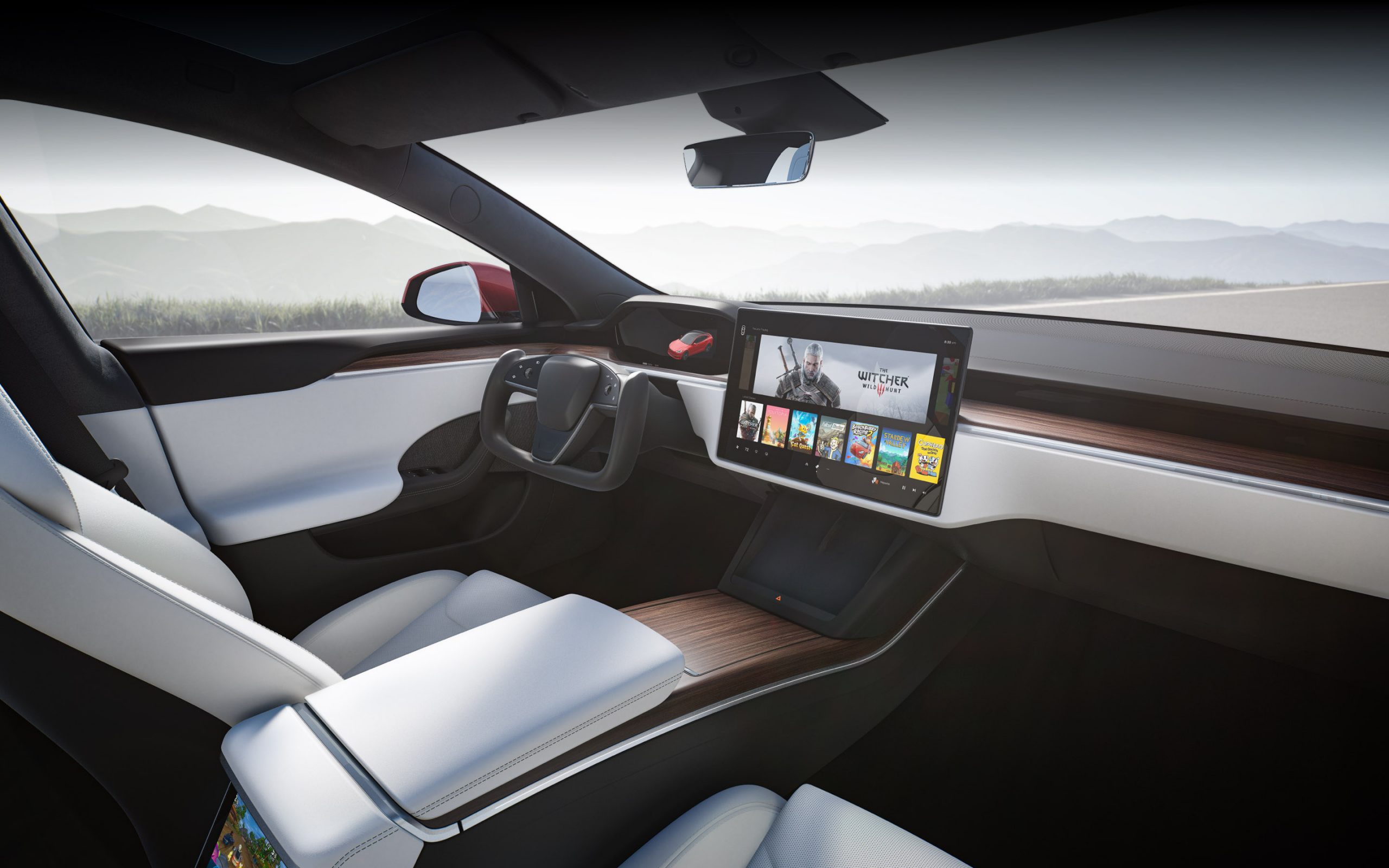Tesla Recalls 12,000 US Cars Over Software Glitch

NHTSA confirms Tesla is recalling 12,000 vehicles in the US over a ‘software communication error’ involving its FSD beta program
Tesla is recalling thousands of vehicles in the United States over a software problem associated with its Full-Self Driving (FSD) system, which is still in beta.
The US National Highway Traffic Safety Administration (NHTSA) confirmed on Tuesday that Tesla is recalling 11,704 vehicles in the US, which includes Model S, X, 3 and Y cars.
Last month the NHTSA had queried why Tesla failed to issue a recall to address software updates made to its Autopilot driver-assistance system (separate to FSB) , that were designed to improve the vehicles’ ability to detect emergency vehicles.

FSD recall
But this week it has emerged Tesla is issuing a recall for a software problem associated with its FSD beta.
“A software communication error may, under a certain sequence of events, result in false forward-collision warnings (FCW) and/or automatic emergency brake (AEB) events,” said the recall notice.
“If the AEB system unexpectedly activates while driving, the risk of a rear-end collision from a following vehicle may increase,” it added. “We are not aware of any crashes or injuries related to this condition.”
Essentially, the problem could see a Tesla issuing a false forward-collision warning or unexpected activation of the emergency brakes.
The problem comes after a software update on 23 October to vehicles involved in its limited early access version 10.3 Full-Self Driving (FSD) (Beta) program.
The same day, CEO Elon Musk, tweeted “Seeing some issues with 10.3, so rolling back to 10.2 temporarily. Please note, this is to be expected with beta software.”
Tesla took the decision to temporary pull the beta, after users reportedly complained of false collision warnings and other issues.
NHTSA said Tesla “uninstalled FSD 10.3 after receiving reports of inadvertent activation of the automatic emergency braking system” and then “updated the software and released FSD version 10.3.1 to those vehicles affected”.
Autopilot and FSD
It should be noted that Autopilot is the drivers assistance program on Tesla vehicles.
An official investigation is still ongoing into a number of high profile accidents with emergency service vehicles while Autopilot was being used.
In September five police officers in Texas sued Tesla after they, and a police dog, were ‘badly injured’ after an unnamed driver crashed his Tesla Model X into the back of two parked police cruisers at 70mph (112kph), after they had stopped to investigate a fourth vehicle for suspected narcotics offences.
Tesla meanwhile sells the more advanced Full Self-Driving capability (or FSD) package for $10,000 or $199 per month in the United States, to a select number of people.
However, FSD is not fully autonomous driving (indeed it is only level 2), and it is not approved by US officials. It still requires a driver behind the wheel paying attention, keeping their hands on the wheel, and being ready to takeover.
Level 5 is the holy grail of autonomous driving technology, as level 5 vehicles will not require human intervention, and need for a human drivers is eliminated.
Indeed, it is said that level 5 cars won’t even have steering wheels or acceleration/braking pedals.
These cars will be free from geofencing, and will be able to drive anywhere, and do anything that normal car with a human driver can do.
In July 2020, at the opening of Shanghai’s annual World Artificial Intelligence Conference (WAIC), Musk optimistically said that Tesla was “very close” to achieving level 5 autonomous driving technology.
Previous recalls
Tesla has conducted recalls before.
In February this year Tesla agreed to recall 135,000 vehicles over faulty touchscreen displays, which on the surface may not sound like a safety issue at all.
But in a Tesla, the touchscreen display controls nearly all of the vehicle’s functionality, from adjusting heating or cooling, through to folding the wing mirrors.
The NHTSA said at the time it is clear there is a possible safety issue here concerning incidents of media control unit failures, that has resulted in the loss of rearview camera and other safety-related vehicle functions.
Then in June Tesla issued a recall for nearly 6,000 cars in the United States over concerns about potentially loose brake caliper bolts.